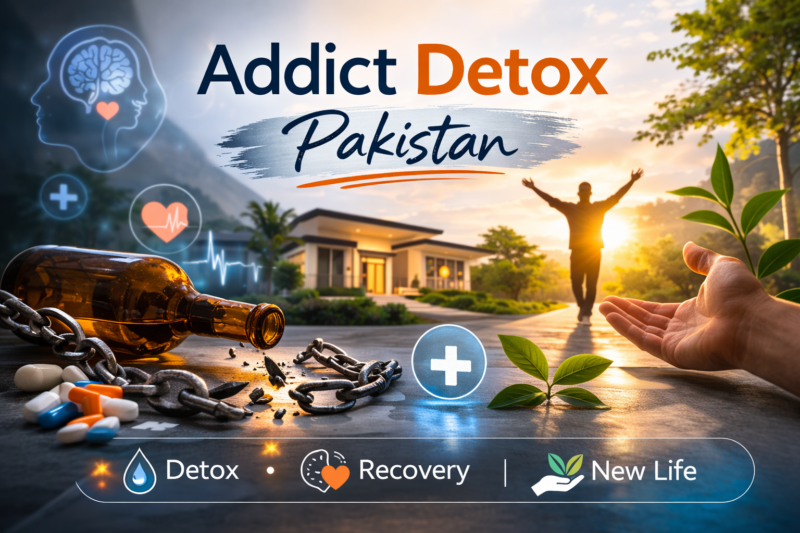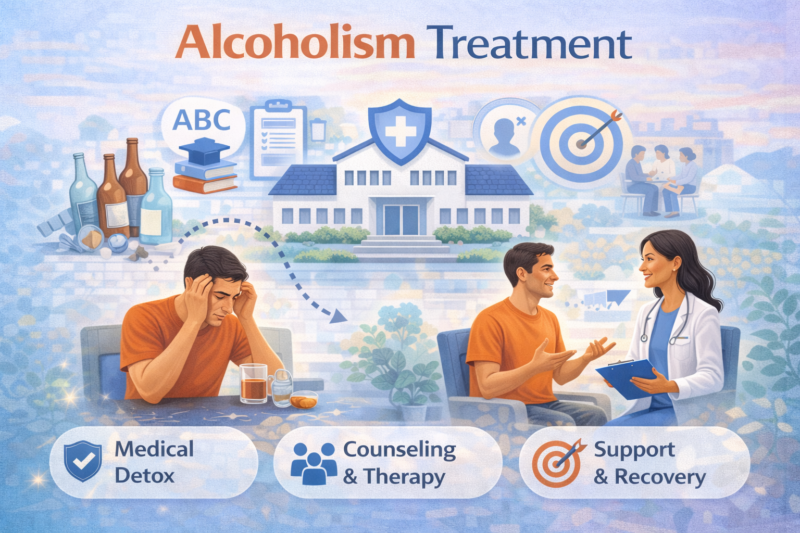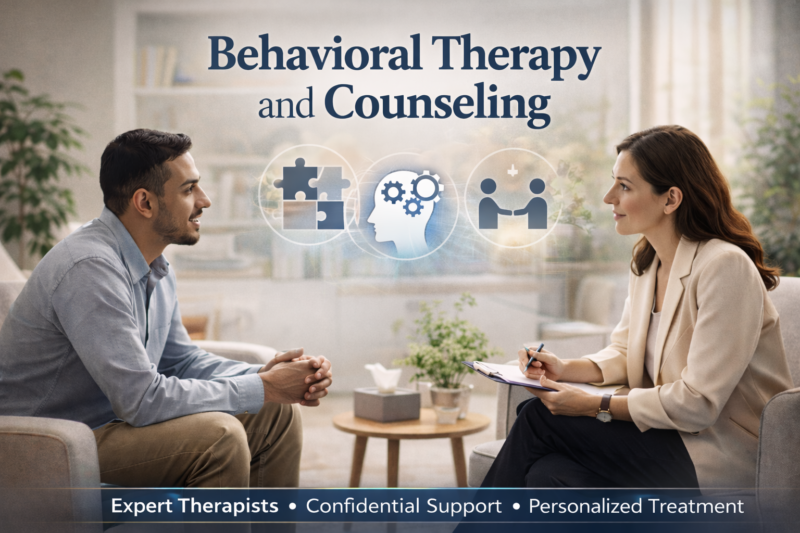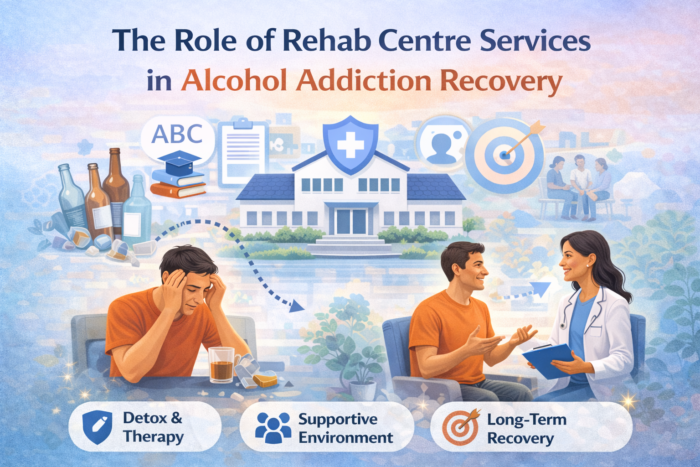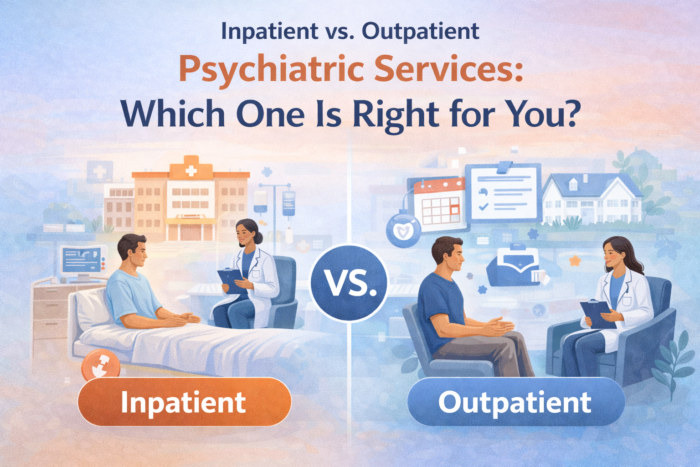Introduction

Ecstasy , commonly known as MDMA, is a mind-altering medication that is continuously abused to achieve happiness and energy effects. The long-term impacts of ecstasy dependence can be quite dangerous to mental and physical health as well as relations. At New Soch Rehab and Psychiatrist Center the best Drug Rehabilitation Center in Islamabad, Pakistan people who have developed an addiction to ecstasy will get individual counseling & group therapy treatments for getting back on track in life. This article sheds light on how professional therapy along with suitable counseling sessions help individuals break free from their ecstasy dependencies thereby leading them towards meaningful, drug-free lives.
Understanding Ecstasy Dependency
Ecstasy dependency happens when the use of Ecstasy or any substance changes brain chemistry such that a person finds it difficult to function well without it. Major effects of Ecstasy abuse include:
- Perceptual distortion and hallucinations
- Sleep disorder, fatigue
- Mood swings, anxiety, depression
- Memory and concentration are impaired
- The risk involved in long-term neurological damage
Unlike several substances, ecstasy is majorly socially used in parties and gatherings. This makes it very difficult to identify dependency at the early stages. For that reason, expert intervention from a professional rehab center becomes highly recommended.
Why Counseling and Therapy Matter in Ecstasy Recovery
Recovery from ecstasy dependency does not involve detoxification alone. The major task lies in dealing with psychological causes and behavioral patterns that precipitate addiction. Therapy at New Soch Rehab and Psychiatrist Center Islamabad serves to identify those emotional and social situations which act as triggers for an individual toward drug usage.͏
Teach healthier ways of coping with stress, and pressure from friends, besides bad feelings. Restoration of confidence, self-esteem, and motivation for long-term recovery. Provision of relapse prevention strategies that will involve the tools that can be used to maintain sobriety.
Kinds of Counseling and Therapy for Ecstasy Dependency
1. Cognitive Behavioral Therapy (CBT)
CBT is known as one of the best treatment approaches for Ecstasy dependency because it restructures negative thinking patterns and helps develop positive perspectives. Patients admitted to our Drug Rehabilitation Center in Islamabad, Pakistan, are provided with such type of ͏sessions that enable them to learn how to control their thoughts as well as actions effectively.
2. Motivational Interviewing
Most of the individuals dependent on Ecstasy use do not want͏ to quit using Ecstasy. Motivational interviewing helps the patient gain internal motivation to accept recovery and stick to the treatment process.
3. Group Therapy
Group therapy encourages participants to discuss their experiences, share thoughts, and learn from the journeys of others toward betterment. This ensures less isolation and helps create a sense of responsibility.
4. Family Counseling
Ecstasy dependency breaks families; it’s not just a one-person disease. Such family therapy sessions offered by this center will open communication channels, restore trust levels and enhance support systems.
5. Psychiatric Support
Ecstasy dependency often co-occurs with mental health issues particularly conditions relating to anxiety, depression, and trauma. New Soch ensures the services of a psychiatric team for the holistic recovery of dual-diagnosis treatment.
Role of New Soch Rehab and Psychiatrist Center in Islamabad
New Soch Rehab and Psychiatrist Center apply evidence-based therapies amalgamated with empathy to care as our share toward such individuals fighting their battles with ecstasy dependency. Among these are:
- Customized treatment plans
- Medical plus psychological support available round-the-clock
- Inpatient as well as outpatient rehab services
- Aftercare programs Relapse prevention
- Holistic therapies Mindfulness, yoga, and stress management
As the best Drug Rehabilitation Center in Islamabad, Pakistan, it helps people not only stop taking ecstasy but also find a meaningful and happy life again.
Steps to Recovery from Ecstasy Dependency
Recovery is a path that needs patience, dedication, and professional support. The steps usually include:
- Assessment & Detox:Knowing how much the dependency is and dealing with withdrawal symptoms safely.
- Therapy & Counseling: helps to treat mental and behavioral problems by providing structured therapy.
- Skill Development: involves teaching life skills that can be used to cope with stress and prevent relapse.
- Reintegration: assists the individual in reconnecting with social, educational, or vocational aspects of life.
- Aftercare Support: includes regular counseling and group therapy support that helps to maintain sobriety for the long term.
Why Choose New Soch Rehab and Psychiatrist Center?
- Expert Team: comprising Psychiatrists, Psychologists, and Counselors.
- Confidential Environment: because patient privacy and dignity are never compromised.
- Comprehensive Care: Addiction and the mental health disorders it brings on.
- Programs Based on Success: Evidence therapies that have worked.
FAQs
1. How long is ecstasy rehab?
It varies from one person to another. Most programs take between 30 and 90 days to complete. Aftercare follows them.
2. Can I treat my ecstasy addiction at home?
No, professional medical and psychological support are mandatory in cases of ecstasy dependency. Self-treatment bears a high risk of relapse.
3. What makes New Soch Rehab different from other centers?
Our center delivers personalized, evidence-based treatment plans with psychiatric care parallelly. Hence, we become the most trusted Drug Rehabilitation Center in Islamabad, Pakistan.
4. Can therapy alone cure ecstasy dependency?
No, therapy is a very important part but to be fully recovered, mostly detox and psychiatric care plus support are also needed.
5. Do you offer family counseling during treatment?
Yes, family therapy forms a part of our rehabilitation program.
6. What do I do if my loved one refuses treatment?
Contact our counselors who will guide you on intervention and how to get your loved one to agree to seek help.
Conclusion
With proper support, counseling, and therapy, individuals will beat ecstasy dependency. New Soch Rehab and Psychiatrist Center Islamabad has taken the initiative to bring comprehensive caring support for reclaiming lives. An urge to share that the center is counted as one of the most reliable Drug Rehabilitation Centers in Islamabad, Pakistan comes with a hope of healthier addiction-free futures for all patients treated here.


